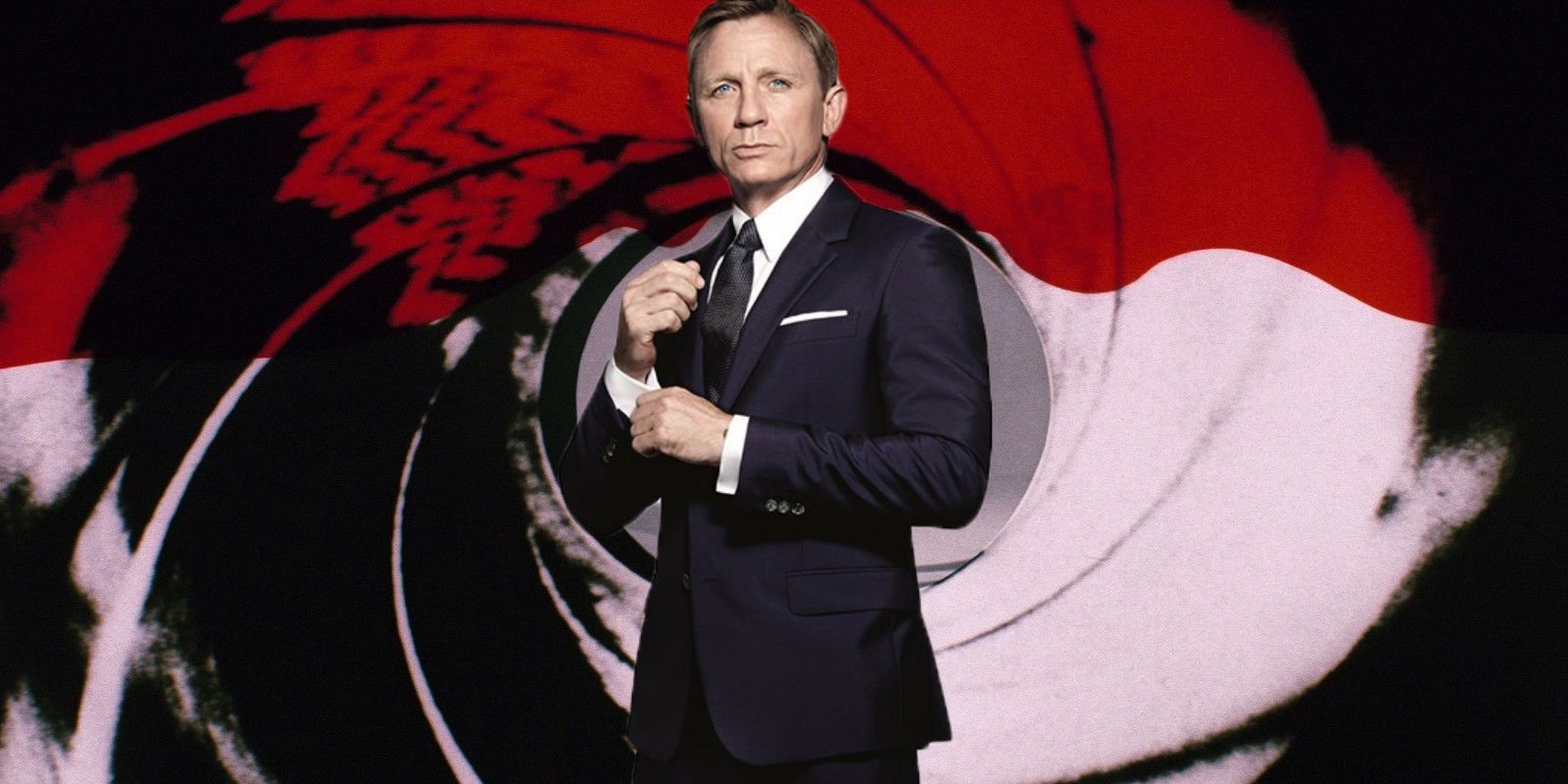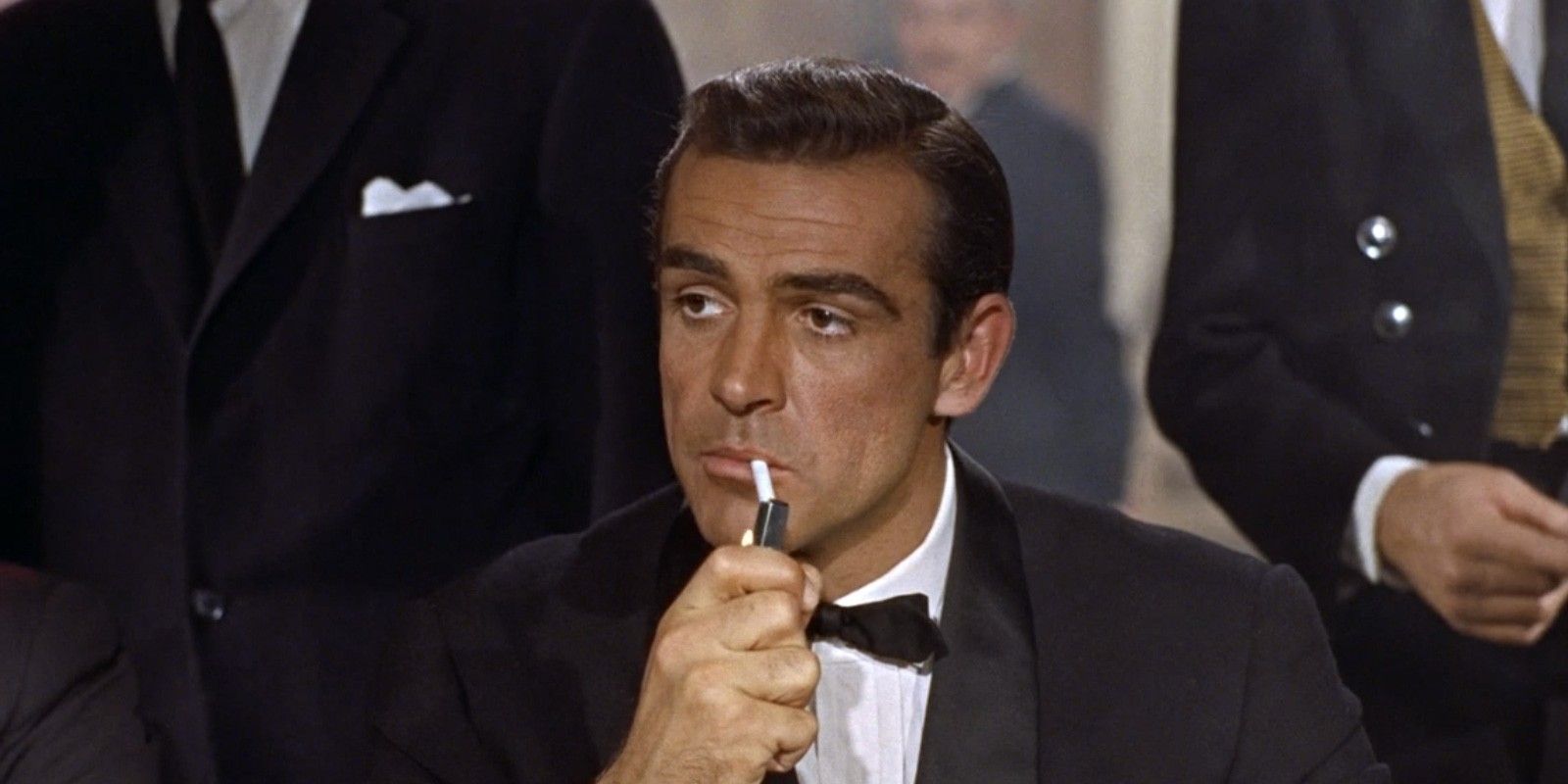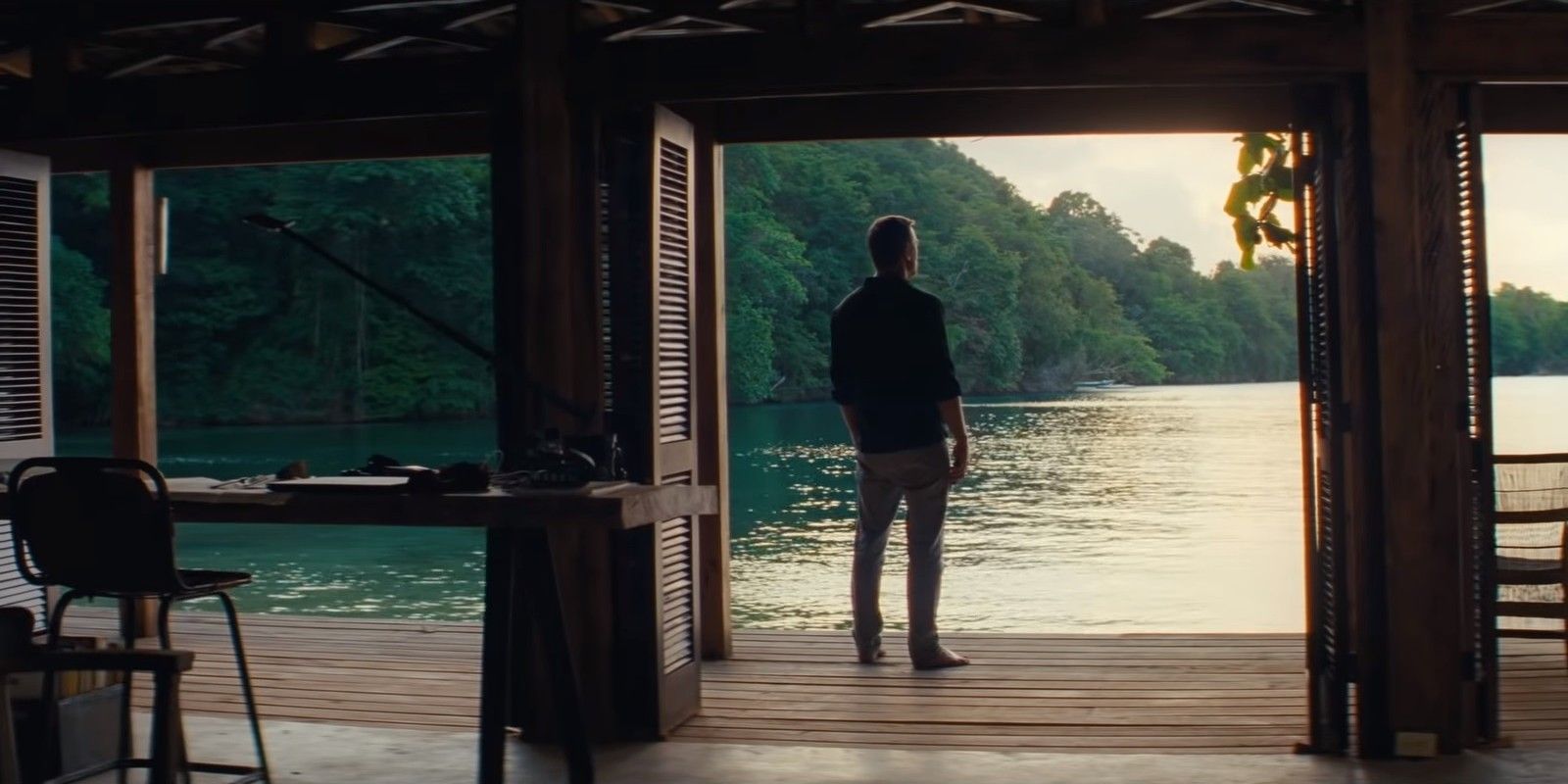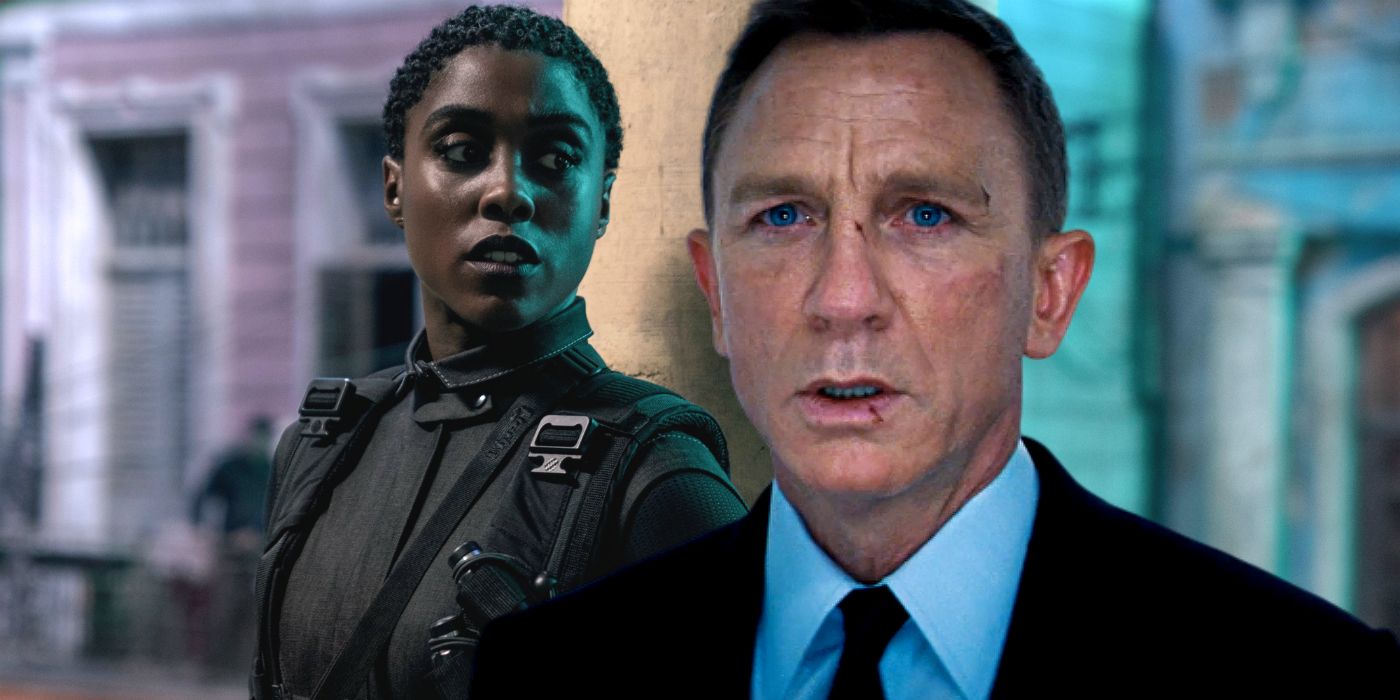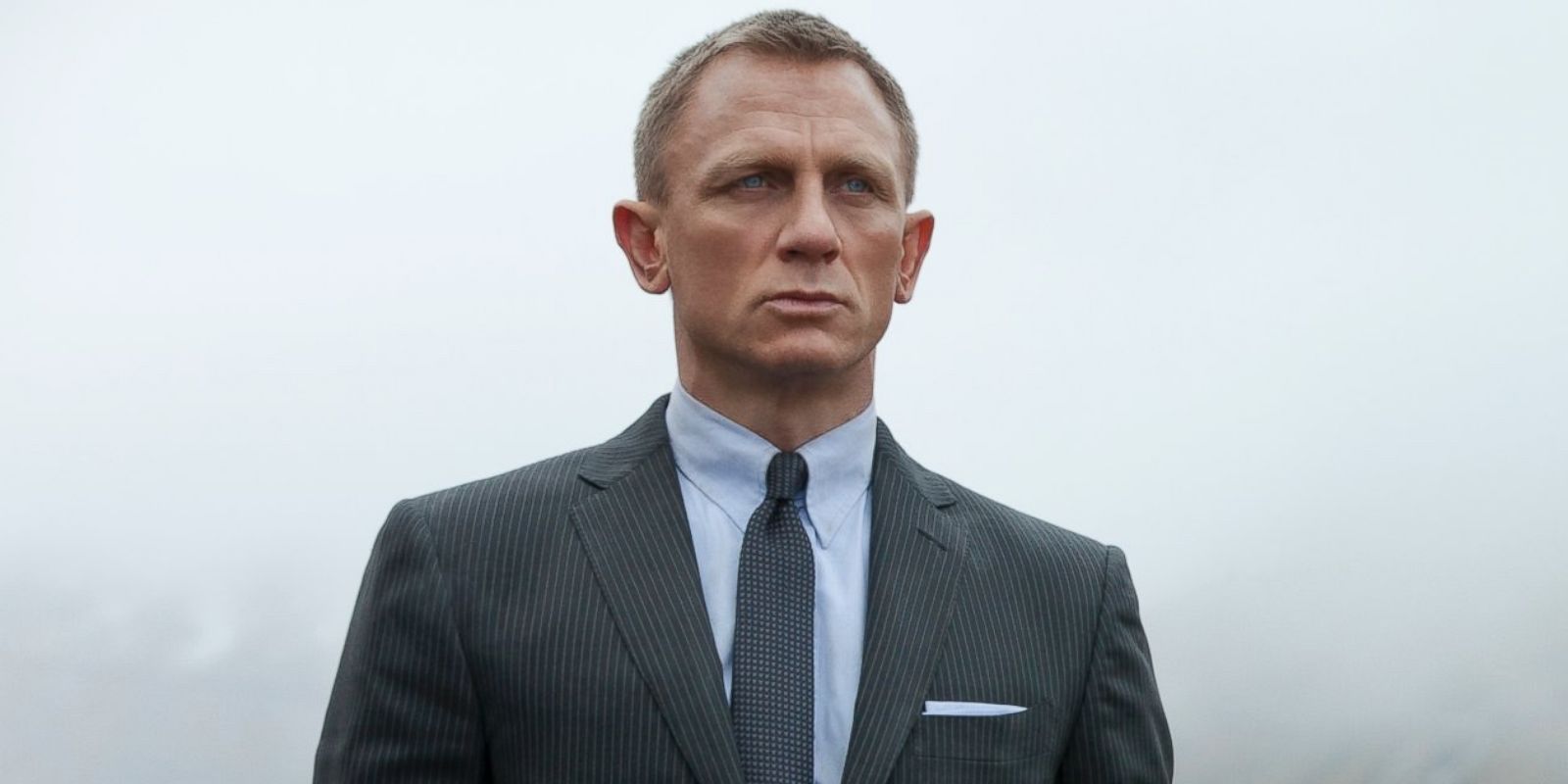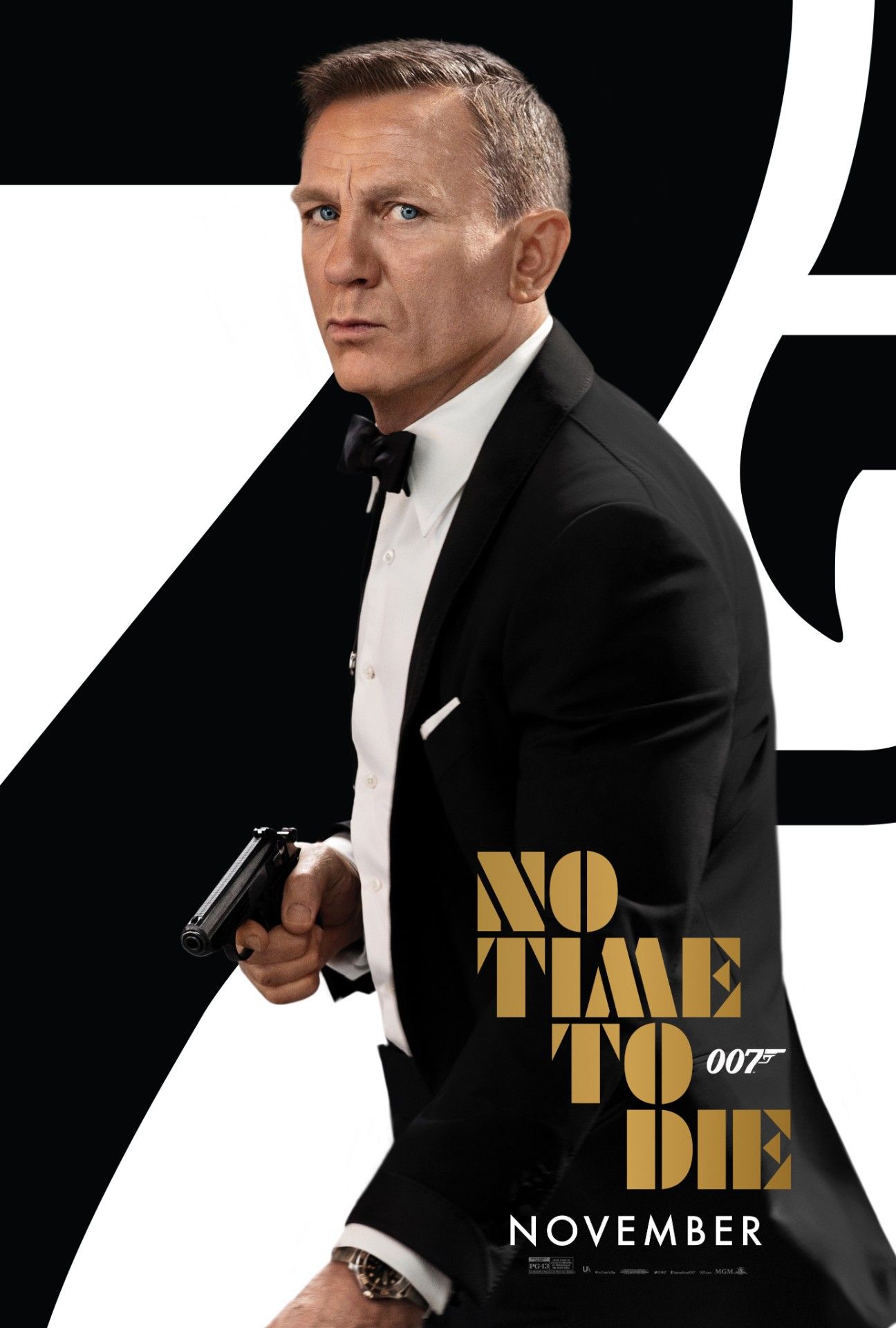Could No Time To Die make the bold decision of being the first James Bond film to kill off 007? It's a big year for franchises that began in the 1960s and none more so than Ian Fleming's famous philandering secret agent. The Bond character has developed considerably since Sean Connery's era, moving with the times both in terms of social values and cinematic tastes, and after Daniel Craig was announced as the latest in a line of honored actors to take on the Bond mantle, he would help drag the franchise into a period of renewed success.
Craig's fifth movie as 007 will be his last, but the final chapter hasn't enjoyed a smooth production, with original director, Danny Boyle, exiting over creative differences and Cary Fukunaga taking his place. When a creative direction was finally agreed upon, and with Phoebe Waller-Bridge added to the writing team, No Time To Die soon took shape. Along with the usual suspects of Q (Ben Whishaw), M (Ralph Fiennes) and Moneypenny (Naomie Harris), there are two returnees in the form of Léa Seydoux's Madeleine Swann and Christoph Waltz as Blofeld, as well as intriguing newcomers Safin (Rami Malek) and Nomi (Lashana Lynch).
While the plot of No Time To Die remains largely under wraps for now, there is a heavy emphasis on the film being Daniel Craig's parting shot, leading to speculation that Bond might finally be killed off after over half a decade escaping certain death by an increasingly slim margin. Here's why James Bond could actually die in (the potentially ironically titled) No Time To Die.
007 Has Never Been Killed Off Before
The series of James Bond movies has featured its share of earth-shattering character deaths. Bond's wife Tracy in On Her Majesty's Secret Service, Judi Dench's M in Skyfall and Jill Masterson's still golden frame in Goldfinger all linger in the memory and prove that being a woman in Bond's life is an occupational hazard. Somewhat surprisingly, considering the constant peril the character is faced with, Bond himself has never faced the reaper. Throughout 58 years of existence on the big screen, Bond has diced with death and always come up trumps. Even when the franchise's future was uncertain, even when an actor was due to be replaced, Bond always rides off into the sunset (mostly) unharmed.
In truth, this inhuman invincibility is part of Bond's enduring appeal. Cinema-goers don't just love Bond for his suave charm and reckless abandon, but because they know whatever mischief he gets up to and whatever mountainside he jumps from, everything will be fine. What separates Bond from us mere mortals is his ability to do things the audience could only dream of and get away with it, including seducing attractive strangers, saving the world and, most importantly, always escaping death.
No Time To Die Is Ending Daniel Craig's James Bond Story
Escaping death may be the James Bond status quo, but Daniel Craig's run in the title role has already redefined the entire franchise to bring it up to date with the modern era. Aside from the more realistic aesthetics and grittier action, Craig's Bond films have been more interconnected than any of his predecessors, telling a cohesive narrative that begins with Bond as a newly assigned 00 agent in Casino Royale and concludes with his interrupted retirement in No Time To Die. As revealed in 2015's Spectre, all of Bond's most vicious enemies and painful tragedies trace back to a central figure, with Waltz's Blofeld conducting the orchestra of criminals and assassins dotted throughout Bond's past.
So while no previous Bond has been killed off, they also haven't experienced the same linear narrative as the Daniel Craig incarnation, and with No Time To Die pitched as a definitive ending, a glorious death might just be the most natural conclusion to this era of James Bond. Certainly, it's hard to imagine the spy actually enjoying a peaceful retirement, and the No Time To Die trailer makes it abundantly clear that Bond is outliving his usefulness to MI6 as age creeps up on him. With retirement unfitting and espionage becoming increasingly difficult, what other end is there for Bond than to go out shooting?
This increased continuity between Bond movies came as part of a wider shift in Daniel Craig's era to cater for a modern audience. In the 1960s, killing off the hero at the end of a film was a nigh unthinkable eventuality; why send the audience home with a bitter taste and simultaneously scupper the chance of bringing the actor back for a later film, just as Sean Connery did in Diamonds Are Forever? In 2020, tastes have altered significantly. Any concluding installment of a film, TV show or book comes with lengthy discussion over possible deaths, and any such moments become landmark scenes that live on, either in legend or infamy. Just look at the impact of Tony Stark's death in the MCU or Dumbledore in Harry Potter - modern franchises revolve around big character deaths, feed on them and use them as rocket fuel to propel the story forward. If Daniel Craig's Bond really is a more modern take on the iconic spy, his death is more likely than ever.
No Time To Die Has Two 007s To Potentially Kill
A fascinating wrinkle in the concept of Daniel Craig's James Bond being killed off is the presence of a second 007: Lashana Lynch's Nomi. Bond's long-serving producers have already confirmed that Lynch, nor any other female actor, will ultimately take the role of James Bond when Craig steps down, but Nomi is effectively acting as Bond's on-screen replacement in No Time To Die. A new 00 agent in town, Nomi isn't confirmed as the successor to Bond's "007" title, but the trailer strongly suggests so, and taking into consideration Bond's retirement and the friction between he and Nomi, Lynch as the new 007 in No Time To Die makes logical sense.
This duality between old and new provides options in terms of ending Daniel Craig's story. Nomi could be sacrificed in order to fire up Bond for the final confrontation - nothing would rile an aging spy more than watching the next generation be needlessly gunned down by a ruthless villain. Taking similar cues, but in the complete opposite direction, Bond's initial resentment towards Nomi could eventually thaw into respect, and perhaps even fondness, resulting in the original 007 giving his own life to ensure the survival of the new recruit. Bond's loyalty to Queen and country could swing his fate in either direction but, whatever happens, one 007 is going down.
Theory: No Time To Die Kills Off Craig's 007
Unfortunately for Bond, the original 007 is most likely to bite the dust. The James Bond franchise made a progressive step in casting a black female as Bond's fictional replacement and to sacrifice that character in service of James' arc would likely not go down well, possibly undermining recent efforts to diversify and modernize the franchise. Not only that, but killing off the up-and-coming agents while the old guard live on is a very backwards way to end a story - it's the master who dies, not the apprentice.
Crucially, it's Bond with everything to lose in No Time To Die. As revealed by the trailer, the retiree's life is a peaceful blur of sun, sex and "shaken, not stirred," until Madeleine Swann's deadly secret comes to the surface. From there, James is at the eye of a conspiracy involving his lover, his arch enemy and a devilish new villain in Rami Malek's Safin. The personal stakes revolve entirely around Daniel Craig's character and, given how this feud seems to stretch back to the very beginning of this particular Bond's on-screen existence, it would be poetic for him to not wriggle away alive for once.
Of course, this doesn't mean the bad guys actually win. Bond could find a way to outwit Blofeld, take down Safin and unravel Swann's mystery, all while covertly protecting the world from harm once again. The only difference would be that to do so costs his life, whether that be through protecting Nomi, or in making sure an enemy is truly dead by going down with them. A shocking, revolutionary ending of such magnitude is the only way to conclude a series of films that has already revolutionized the James Bond character.
There remains a question of how Bond's death would then impact a sequel. The continuity of the Bond films as one complete franchise remains a source of debate. On one hand, the franchise doesn't reset completely with each new Bond actor - Judi Dench moved from Pierce Brosnan's era to Daniel Craig's and Desmond Llewelyn transcended various incarnations of the titular spy - suggesting the films exist as part of a singular continuity, with "James Bond" being a designation, rather than one person. However, there's also plenty of evidence to contradict this theory, leaving the franchise's nature open to interpretation.
Thanks to this ambiguity, killing Daniel Craig's Bond needn't negatively affect film 26. When Craig departs, a line can be drawn under his series and the franchise can start afresh with an entirely new crop of actors. There'd be no need to explain whether the new Bond is the same character as the rest, no explanation required for Nomi's absence and no restrictive canon to adhere to, merely a straightforward reboot in the same way James Bond has executed previously. No one would expect Daniel Craig to return, and there would be no expectation of the same storylines being carried forward. We do, however, expect you to die, Mr. Bond.

